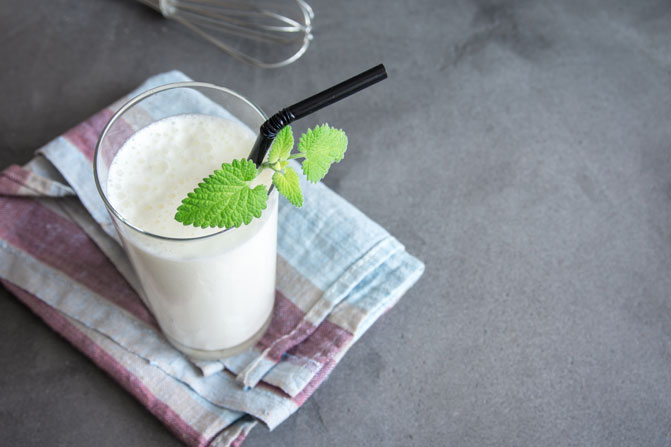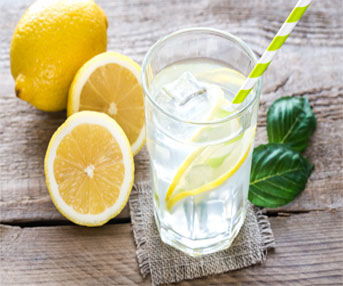Dehydration is a health condition when your body uses or loses more fluid than it takes in. In such a condition, your body is unable to carry out its usual functions efficiently due to lack of water and other fluids. You are at risk of becoming dehydrated if you do not replace the lost fluids.
Anyone could suffer from dehydration, but young children and senior citizens are at a higher risk. Severe diarrhoea and vomiting are the most prevalent causes of dehydration in young
children. Elderly people are more prone to dehydration due to lower water levels in their body, as well as diseases or medications that heighten the risk of dehydration. Dehydration can strike
anyone at any age if you don’t drink enough water in hot weather, especially if you’re engaged in strenuous physical activities.
What are the symptoms of Dehydration?
Thirst is not the right indicator of how much water the body needs. Many people, especially the elderly, do not realise they are thirsty until they are already dehydrated. That’s why, in hot
weather or when you’re sick, it’s important to drink more water.
Dehydration signs and symptoms can also vary by age.
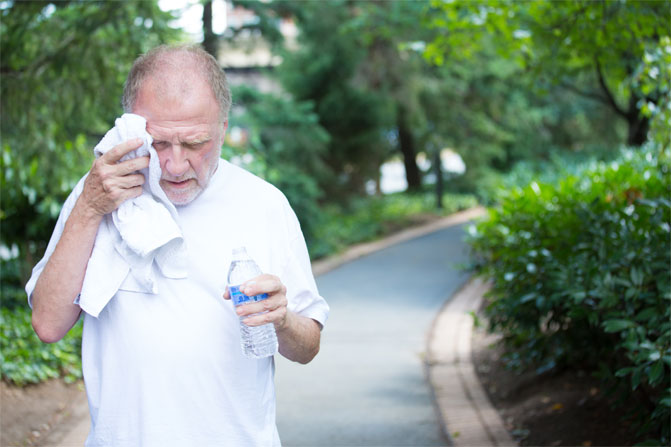
A baby or a small child
Dry mouth and tongue
No tears when crying
No wet diapers for as long as three hours
Sunken eyes and cheekbones
Sunken soft spot on the top of the skull Irritability
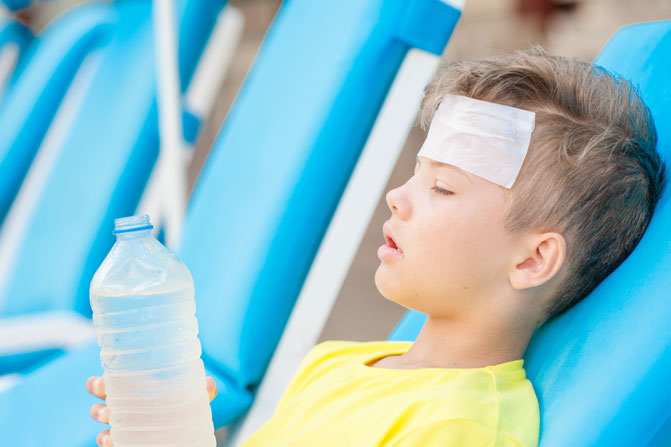
Adults
Excessive thirst and less frequent urination
Urine with a dark colour
Fatigue
Dizziness
Confusion

Treatments for dehydration
Replacement of lost fluids and electrolytes is the only effective way for treating dehydration. The optimal way for dehydration treatment is determined by your age, the degree of your
dehydration, and the cause of your dehydration.
The doctor may advise oral rehydration solution for infants and children who have been dehydrated due to diarrhoea, vomiting, or fever. These solutions have specified quantities of water and salts to restore both fluids and electrolytes. You can start with a teaspoon (5 mL) every one to five minutes and gradually increase as tolerated, as prescribed by your physician. For very young children, a syringe may be more convenient. Diluted ORS can be given to older children.
Most individuals can improve their condition by drinking more water or other liquids if they are dehydrated due to diarrhoea, vomiting, or a fever. Fruit juice and soft drinks containing too
much sugar may aggravate diarrhoea. Cool water is your best bet if you work or exercise outside in hot or humid conditions. Electrolyte and carbohydrate-containing drinks may also be
beneficial.
Severely dehydrated children and adults should be treated by emergency staff in an ambulance or a hospital emergency department. Intravenously administered salts and fluids are quickly
absorbed and can fasten recovery.
Home Remedies for Treating Dehydration
While most cases of dehydration may be treated with fluids, severe cases of dehydration require emergency medical intervention. While simple home dehydration remedies can be effective in some circumstances and mild conditions.
Coconut Water
Coconut water is one of the oldest home treatments for diarrhoea-related dehydration. It’s isotonic, which means the electrolyte levels in this water are similar to those in the body, assisting you in maintaining electrolyte and water balance. Coconut water is high in potassium and glucose, as well as chloride and sodium, making it an excellent drink for dehydration and diarrhoea.
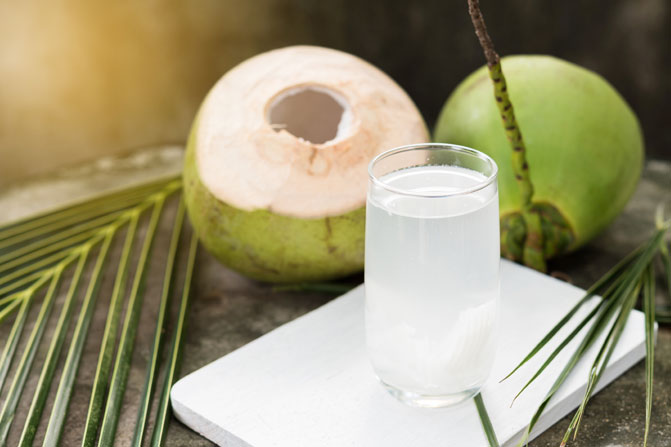
Lemon Water
Lemon water, also popularly known as nimbu paani, is a delightful drink, especially in the heat. It is one of the finest home remedies for dehydration since it increases your water intake and
keeps you hydrated.
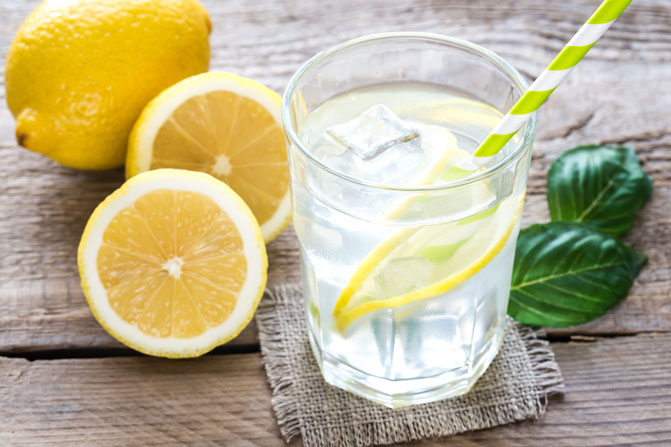
Bananas
Water makes up 70–79 per cent of bananas. Furthermore, dehydration might result in a mineral deficit in the body, such as potassium. As a result, bananas, which are high in water and
potassium, can aid the replacement of potassium levels in your body while also helping you prevent dehydration.
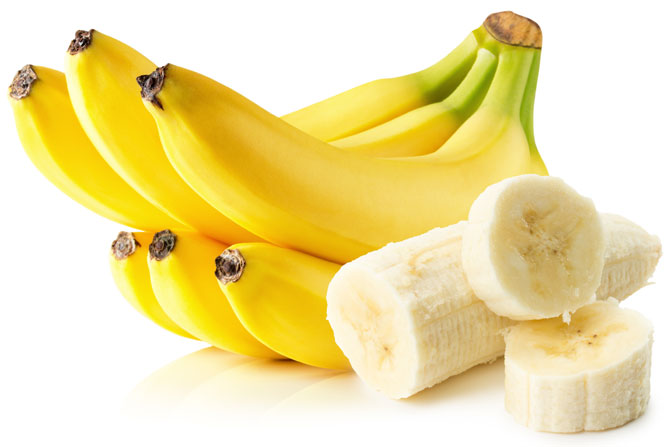
Buttermilk
Buttermilk is filled with minerals like magnesium and has high water content, making it one of the most often used home treatments for dehydration. It is not only gentle on the stomach, but
it also functions as a natural probiotic, assisting in the treatment of diarrhoea and indigestion, which can lead to dehydration.
Summer is getting intense and the need to keep yourself hydrated has become important. Keep yourself hydrated, with home remedies and ORS Solutions in case the condition worsens, and your doctor suggests so.
